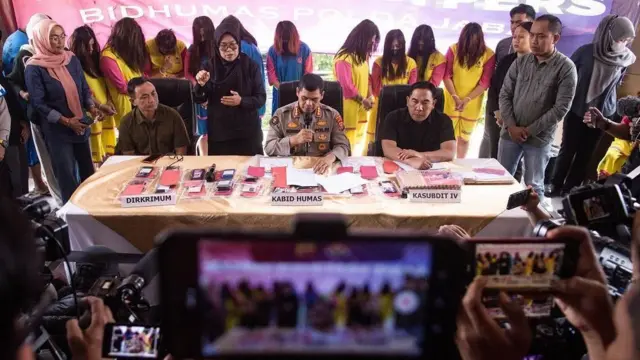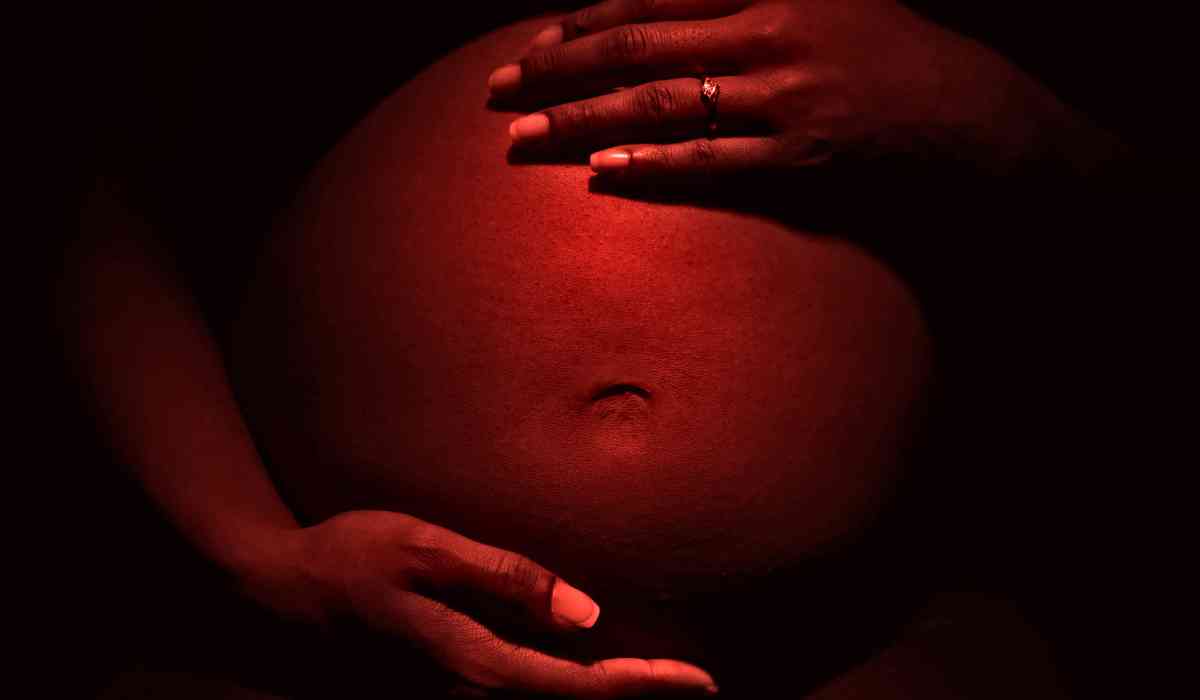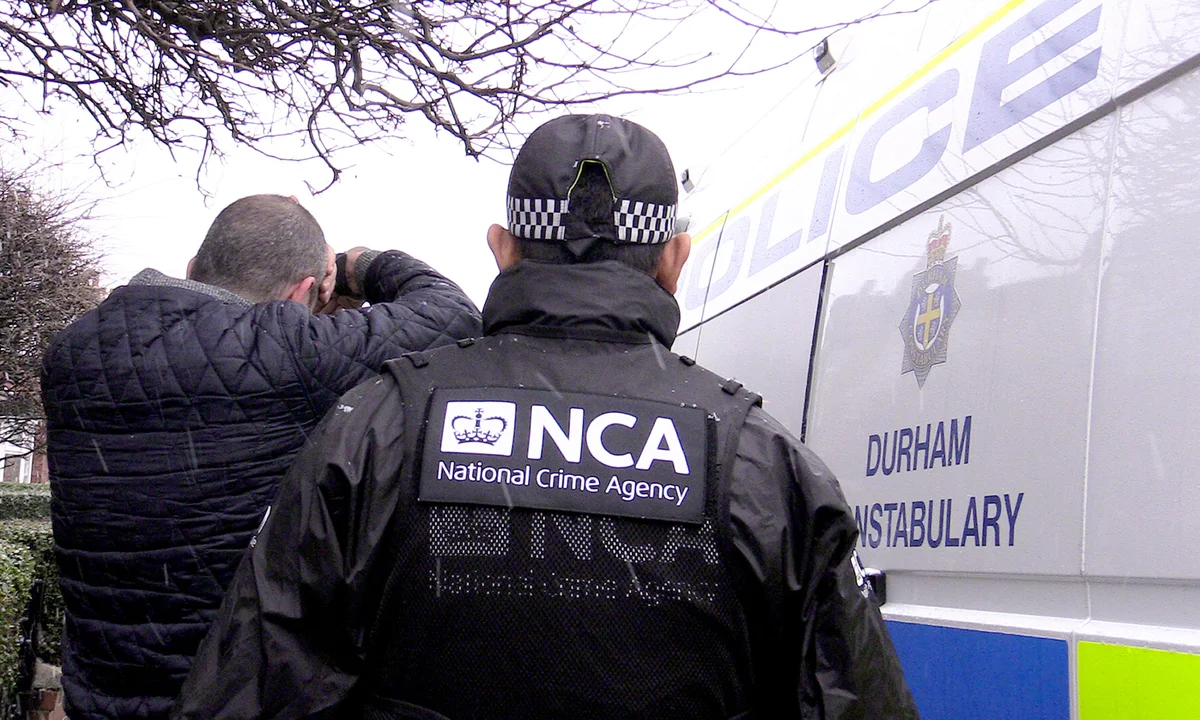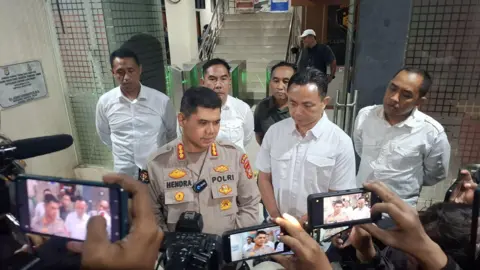Recently, police in Indonesia uncovered a shocking baby trafficking ring that operated across international borders. This criminal syndicate allegedly “booked” some babies before they were even born and sold at least 25 infants to buyers in nearby countries like Singapore. This news has brought a serious and worrying issue to light: human trafficking, especially of babies and children, is still a big problem in today’s world.

How Did the Trafficking Ring Work?
According to police reports, the traffickers mainly targeted parents—often expectant mothers—who felt they could not raise their child due to difficult life circumstances. Sometimes, these mothers were contacted through social media platforms like Facebook, and negotiations would move to private messaging apps like WhatsApp. In some cases, the babies were “pre-booked” while still in their mothers’ wombs. After the babies were born, the syndicate covered the hospital delivery costs, paid the parents, and took the babies away.
These babies would then be taken to cities like Pontianak, Indonesia, and their travel documents, such as birth certificates and passports, would be arranged using fake or illegal information. The infants were later sent to Singapore, where they would be handed over to adopters. Most of the money earned was split among members of the syndicate, who had special roles: recruiters, caretakers, document forgers, and transporters.
What Do the Numbers Say?
Police arrested at least 12 suspects connected to this ring and rescued six babies who were about to be sold. The investigation suggests that from 2023 to 2025, at least 25 babies were sold through this network, including 12 boys and 13 girls. Each baby sold for between 11 and 16 million Indonesian rupiahs (about $670 to $980). Most of the children were less than a year old, with some as young as three months.
Child trafficking is not rare. The United Nations recently reported that children make up nearly 40% of trafficking victims worldwide, and the actual number could be higher because many cases go unreported. Trafficking is also known to be a low-risk, high-profit crime, with many networks using technology to organize their activities and avoid getting caught.
Why Does This Happen?
Experts say there are several reasons why parents might agree to give away—or even sell—their children, such as extreme poverty, abandonment, unwanted pregnancies, or being victims of violence. Because abortion is illegal in Indonesia except in very special cases, women who become pregnant unexpectedly may see no other option.
Human traffickers often pose as helpful organizations, like clinics or orphanages, saying they will help women in trouble. But their true motive is profit, and their actions are illegal and harmful to both mother and child.
How Are Victims Affected?
The impact of such crimes is huge and lasting. Babies who are trafficked grow up away from their real families, often facing challenges in proving their identity. They might also endure abuse, neglect, or exploitation. The trauma and fears that come from being bought and sold can last a lifetime, making it hard for children to trust others or feel safe. Communities also suffer as a result of trafficking: families are torn apart, and people lose trust in institutions meant to protect them.
What Are People Saying and What Should Be Done?
Community leaders, human rights advocates, and the general public agree that trafficking of babies and children is a heart-breaking crime. Many call for stronger protections for vulnerable mothers and children, better awareness programs to warn people about trafficking scams, and tougher action against the criminals behind these crimes. Despite some improvement in laws, convictions against traffickers remain low, and many perpetrators are not brought to justice.
There are also calls to improve support for families in crisis, giving them more options and lessening the chance they will turn to traffickers out of desperation. Experts suggest that reducing poverty, improving education, and making social services more accessible could help stop trafficking before it starts.
Concluding Thoughts
The recent police bust serves as a warning that human trafficking is still a major danger, especially for children who have no power to protect themselves. It is important for societies, governments, and individuals to work together to support at-risk families, keep children safe, and bring traffickers to justice. While this story is sad and alarming, it also shows that when people care and act, there is hope for change.
With inputs from agencies
Image Source: Multiple agencies
© Copyright 2025. All Rights Reserved Powered by Vygr Media.



























